But could the technology that gave us Spidergoat really create a superhero?
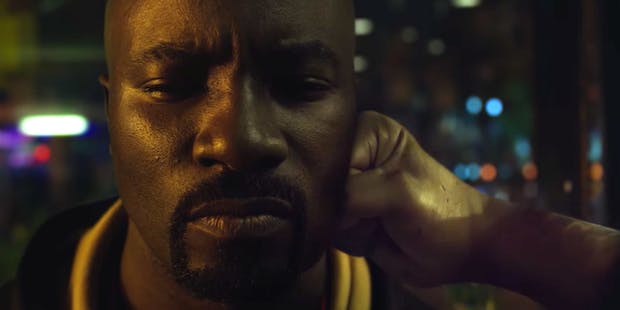


It’s called cognitive reserve, and it’s the phenomenon of the mind’s resistance to damage of the brain. It’s also the subject of not only an upcoming new data and biomedical sample resource, but also a related request for information (RFI) from the NIA and a first-of-its-kind workshop in September.
The push to study cognitive reserve in more depth across the scientific disciplines was born out of recommendations from the Cognitive Aging Summit III. Some 300 researchers attended the summit in Bethesda, Maryland in 2017. Coordinated by the NIA of the National Institutes of Health (NIH) and supported by the McKnight Brain Research Foundation, the summit centered on age-related brain and cognitive changes, with a particular focus on issues related to cognitive resilience and reserve. According to the NIA, investigators from around the world delivered presentations and engaged in discussion “about some of the most important scientific questions relating to the biological, physiological, social and behavioral aspects of reserve and resilience in aging individuals. Attendees also discussed strategies to preserve and bolster cognitive function during aging.”
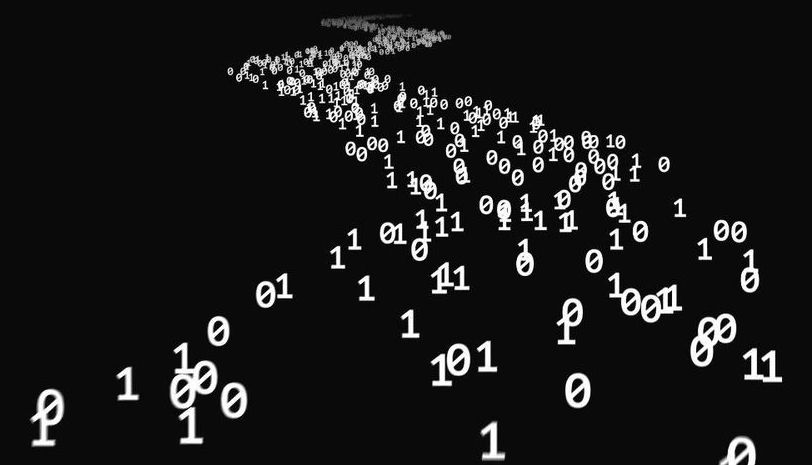
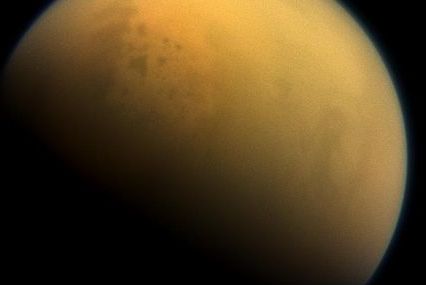
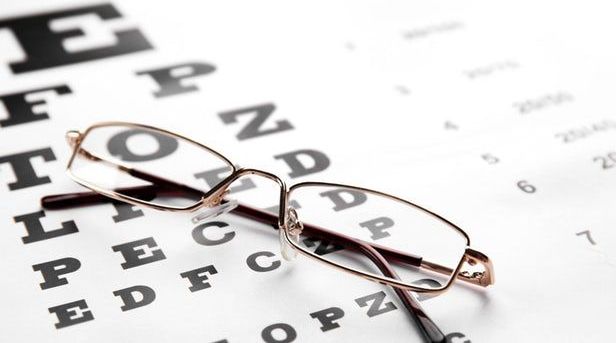
No matter how good your eyesight, there’s a decent chance that it’ll start to fade at a certain point in your life. Presbyopia is a common form of age-induced far-sightedness, where the lenses in the eyes become stiff and have trouble focusing on close-up objects. Now a Stanford team has developed a pair of high-tech specs called autofocals, which use fluid-filled lenses, depth-sensing cameras and eye-tracking technology to make sure whatever a wearer is looking at stays sharp.
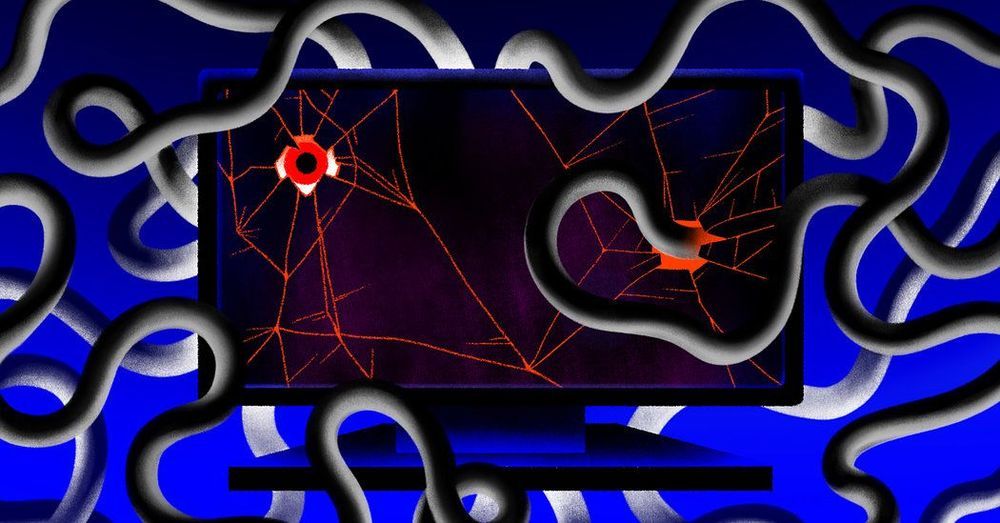
Today, thanks to extraordinary sleuthing by the F.B.I. and some of the world’s premier cybersecurity experts, there are answers to these questions. They offer an unsettling reminder of the remarkable sophistication of a growing network of cybercriminals and nation states — and the vulnerability of not just our computers, but the internet itself.
It infected 10 million computers. So why did cybergeddon never arrive?
Credit Credit Cathryn Virginia

Student from Canberra, Australia confirms that ‘near’ infinite data compression is possible.
Has proven that ‘near’ infinite compression of data is possible. Can shrink Terabytes of data to under 1440KB.Could technically store known, or ‘explored’, universe in an object smaller than a grapefruit.
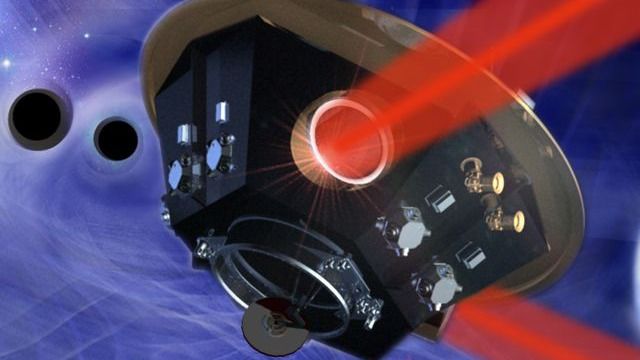
The Division focuses on the detection of gravitational waves and the development of gravitational-wave astronomy. This comprises the development and operation of large gravitational-wave detectors on the ground as well as in space, but also a full range of supporting laboratory experiments in quantum optics and laser physics.
According to Einstein´s theory of General Relativity, accelerated masses produce gravitational waves – perturbations of spacetime propagating at the speed of light through the universe, unhindered by intervening mass. The direct observation of gravitational waves on September 14, 2015 added a new sense to our perception of the Universe.
In the future, we will for the first time listen to the Universe.